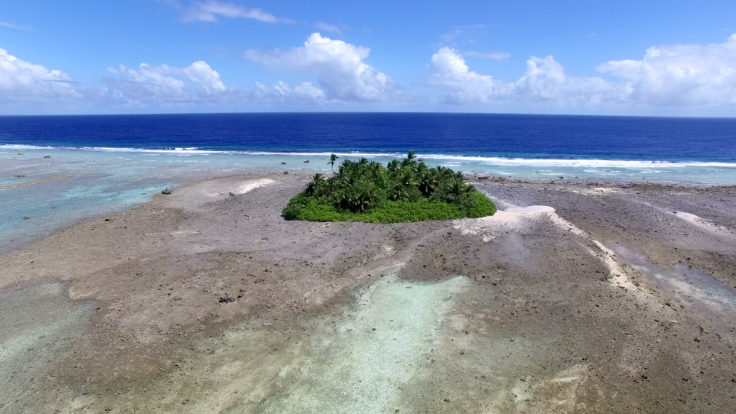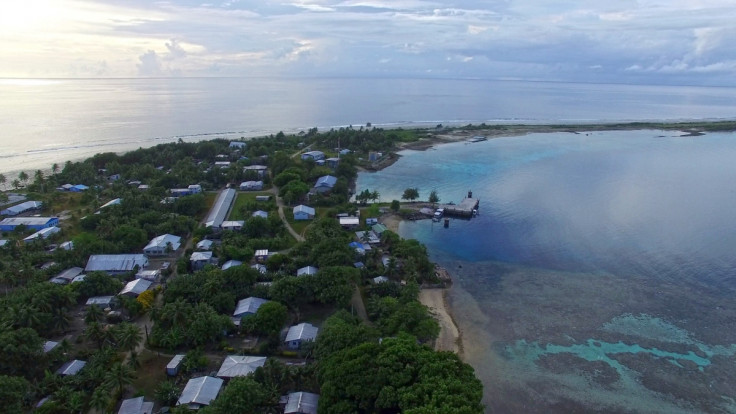Climate change: Small islands to get drier, putting 16 million at risk of water shortages

Climate change will cause more islands to become dry and arid than previously suggested. Over the next 35 years, 73% of small islands will face freshwater shortages, potentially leaving 16 million people with a lack of drinking water.
Previously, landmasses smaller than 200km<sup>2 were not included in climate change models. Scientists had only been able to estimate that half of small islands will become drier and half will become wetter, as global warming progresses.
However, researchers from University of Colorado developed a way to include these islands in their model, by collecting climate data from the atmosphere just above the islands themselves. These can then be used to find an estimate for changes to precipitation and evaporation as the climate changes. The research was published in Nature Climate Change.

Their results found that previous climate models underestimated the number of islands which will experience aridity. Of the 80 global island groups in the study, 73% were projected to evaporate more freshwater than precipitated, by 2050. This means that 16 million more people could be affected by a lack of freshwater within 35 years.
Not only will this information give meteorologists a more accurate model for future climate change, but it also shows that more people will ultimately be affected by a lack of freshwater. A majority of the people living on these islands use rainwater as their primary source of drinking water.
The researchers say these results serve as an example of how much more information we can obtain from detailed and accurate climate scenarios. They say that preparations for freshwater management at these islands should be considered now.
"Islands are already dealing with sea level rise," said Kris Karnauskas, lead author of the research. "But this shows that any rainwater they have is also vulnerable. The atmosphere is getting thirstier, and would like more of that freshwater back."
© Copyright IBTimes 2025. All rights reserved.






















